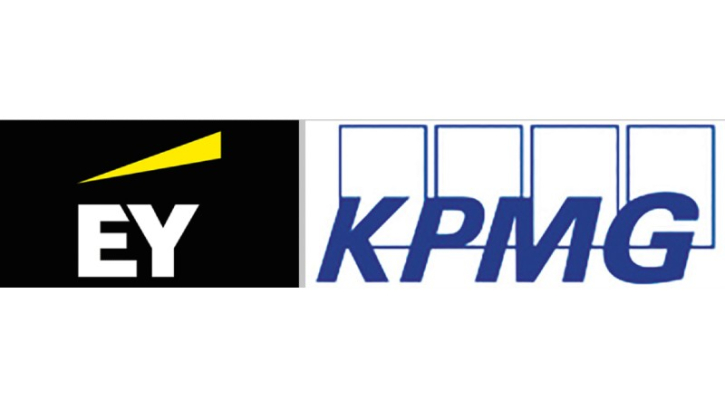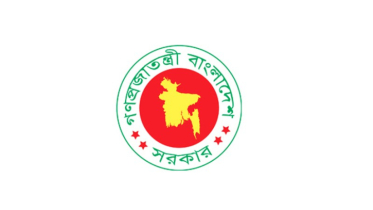
Foreign firms begin auditing 6 banks
Two foreign audit firms have begun evaluating the asset quality of six banks currently mired in financial irregularities and corruption.
Bangladesh Bank has recently appointed global auditing firms Ernst & Young (EY) and KPMG to assess the asset quality of the six banks to determine their fate.
The audit, funded by the Asian Development Bank, is part of efforts to restore transparency and accountability in the banking sector.
The six banks are First Security Islami Bank, Exim Bank, Global Islami Bank, Social Islami Bank, ICB Islamic Bank, and Union Bank.
On January 5, the Bangladesh Bank asked the six banks to send their managing directors on a three-month leave before the banks’ forensic audits.
This decision was made at an emergency meeting on January 2 with the banks’ chairpersons and senior officials, with the central bank governor, Ahsan H Mansur, presiding over the meeting.
According to Bangladesh Bank officials, the forensic audits will assess the financial health of these banks and determine their future.
Based on the findings, decisions will be made on whether any bank should be liquidated, merged or provide bailouts for smooth operation.
To ensure the smooth completion of audits, Bangladesh Bank has assigned dedicated focal point officers for each of the six banks. Additionally, an officer from the audit firms will also oversee the activities.
The central bank has already informed the banks about the specific data and information required for the audits. Local auditors from the two audit firms, along with Bangladesh Bank officials, have begun collecting data from the six banks. Representatives from the audit firms are expected to arrive in the country by the beginning of next week.
BB officials said that Ernst & Young is auditing Global Islami Bank, Social Islami Bank, and ICB Islamic Bank while KPMG is conducting audits for First Security Islami Bank, Exim Bank, and Union Bank.
Of these banks, all but ICB Islamic Bank and Exim Bank were previously controlled by controversial S Alam Group, a close ally of deposed prime minister Sheikh Hasina.
During the Awami League regime that was ousted on August 5, 2024 amid a mass uprising, the S Alam Group allegedly had taken away nearly Tk 2 lakh crore from the banks it controlled, including Tk 75,000 crore from Islami Bank, leveraging its political influences.
Following the political change, the interim government restructured the boards of these banks, removing the influences of S Alam Group on the entities.
In a letter to the banks, Bangladesh Bank has outlined the specific areas to be covered under the Asset Quality Review (AQR) process.
The AQR process will evaluate financial policies, asset risks, loan classifications, and rescheduled loans. It will review compliance with Bangladesh Bank regulations and international standards, including loan quality, large defaulters, single borrower limits, and asset-liability alignment.
Auditors will assess loan collaterals, seized property valuations, and loans linked to directors or subsidiaries. The audit will also analyze asset structures and identify risks associated with large loans and defaulters.
During the ousted Awami League government, huge amounts of public funds were reportedly withdrawn from the banking sector and laundered abroad.
These funds are yet to be recovered, leading to a sharp increase in non-performing loans and undermining depositor confidence.
The interim government has freed these banks from S Alam’s influences and initiated internal audits to uncover the true extent of financial damage.


























